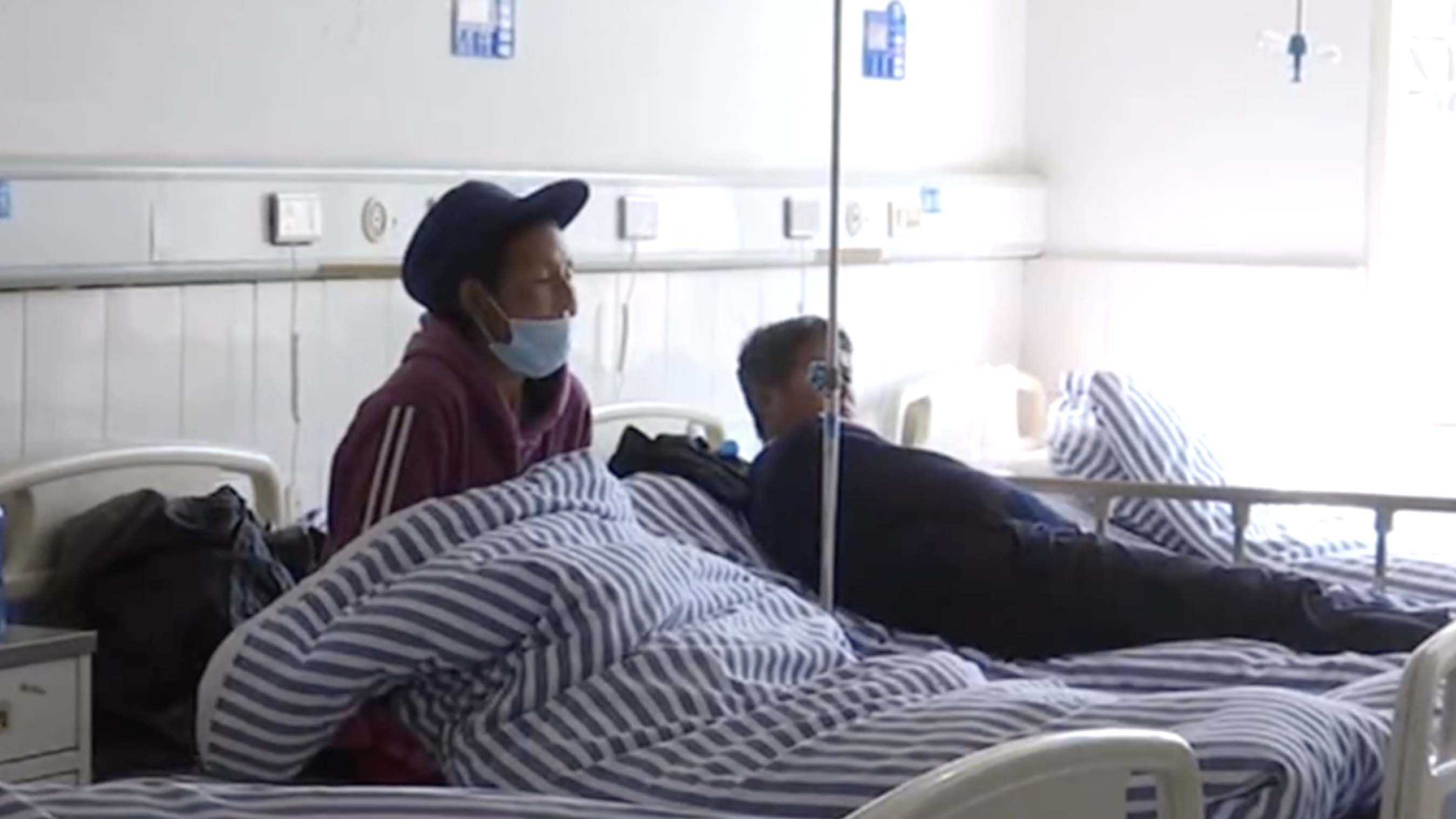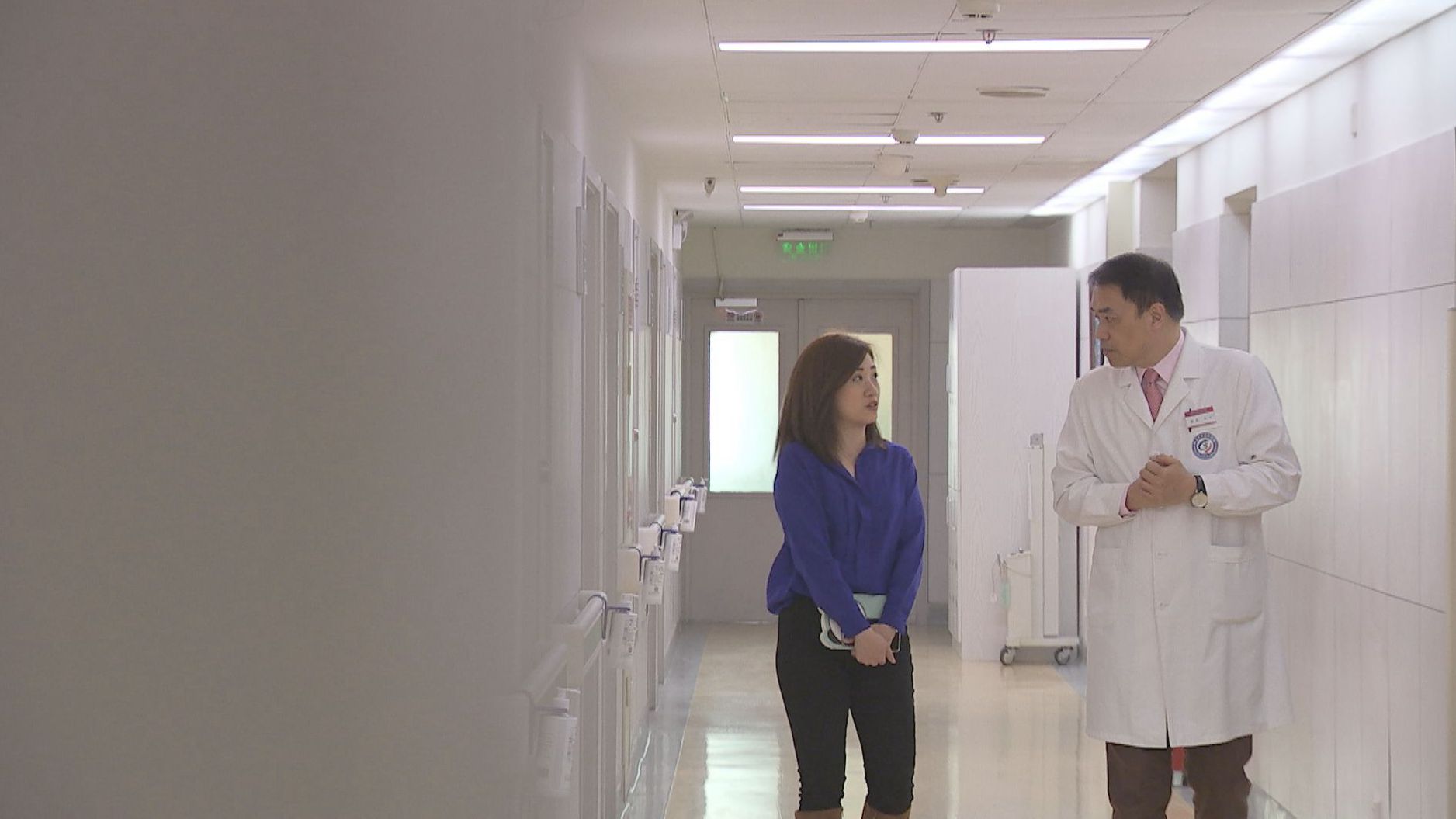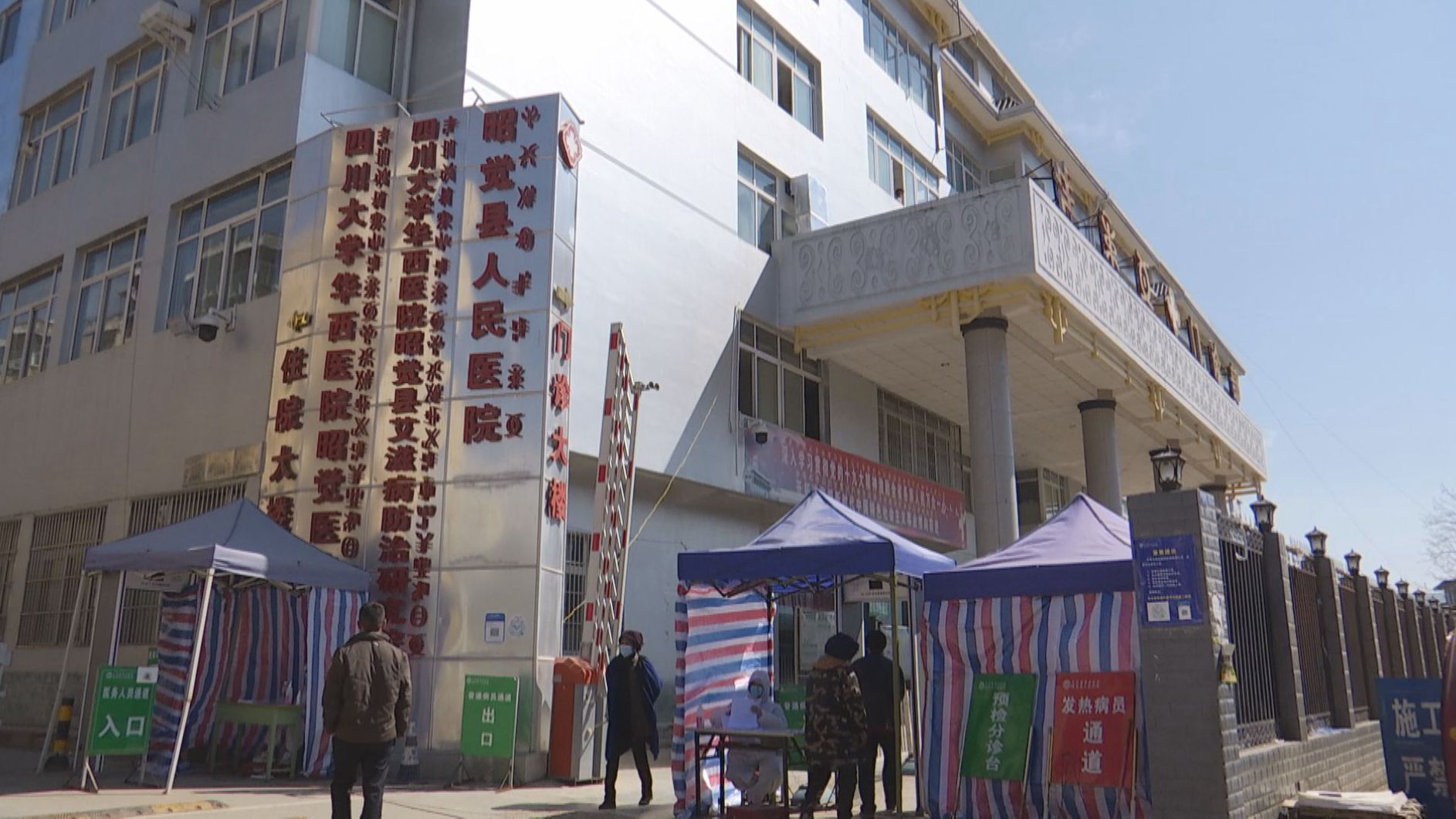03:46

In a country the size of China, stepping foot into a hospital at the county level and in the city can be very different. Medical experts say reducing geographical inequality when it comes to medical standards should be one of the government's priorities in the near future.
According to Gu Jin, dean of Peking University Shougang Hospital, when it comes to cancer treatment, big Chinese cities like Beijing, Guangzhou, and Shanghai don't differ too much from international standards. "However, when you look at the 5-year benchmark for the cancer survival rate, we are over 20-percent lower than the United States," he said.
The disparity, according to Gu, lies in county-level hospitals. "We have over 6,000 county hospitals covering more than 3,000 counties. These hospitals serve 900 million people, essentially over 70 percent of the country's population," he said.
"So, improving diagnosis and treatment standards at the grassroots level is key."
To understand this issue, CGTN visited a public hospital in southwest Liangshan Yi Autonomous Prefecture, one of the least developed regions in the country.
"Our hospital has developed quite well in recent years. The number of rural people being insured has increased, so has the number of medical staff and critically ill patients," said Ma Siyan, deputy director of the Internal Medicine Department of Zhaojue County People's Hospital.
However, her department still lacks proper diagnosis and treatment capabilities, she noted. "We transfer any suspected cases to provincial-level hospitals. And when it comes to screening, we can only do primary screening such as imaging and CT scans, but not a biopsy. We don't do universal cancer screening here."

Gu Jin, dean of Peking University Shougang Hospital is championing the standardization of cancer diagnosis and treatment via an information management system. /CGTN
Gu Jin, dean of Peking University Shougang Hospital is championing the standardization of cancer diagnosis and treatment via an information management system. /CGTN
To be sure though, another medical personnel said the hospital is seeing improvements in certain departments.
"We are now able to perform surgery and chemotherapy for breast cancer, as well as postoperative chemotherapy for gastric cancer, colorectal cancer and thyroid cancer. Since last year, we have performed seven breast cancer surgeries."
Gu, who was previously the chairman of the Colorectal Society of China Anti-Cancer Association, said doctors at the grassroots level generally lack a basic understanding of treatment concepts.
"We realize rectal cancer in China is usually that of low rectal cancer. Based on guidelines, a pre-operative chemo-radiotherapy should be applied," he said.
"But some hospitals don't even have this radiology or radio-therapy department, so doctors will send you for surgery instead. Hence, there's a contradiction in standards."
To try to deal with this, Gu who has been a surgical oncologist for 40 years, is championing the standardization of cancer diagnosis and treatment via information management system.
This sharing platform made specifically for colorectal cancer has already been implemented at Peking University Shougang Hospital.
"By inputting information into the system, it will help you analyze what drugs can be used at different stages of tumor cancer. This way, there won't be instances of under or over-treatment. Or, if chemo therapy is needed for the patient and how you should go about it," he said.
"The Chinese Society of Oncology has set up an experts committee, and we are preparing to head to county-level hospitals next to train the doctors to use the system."

A public hospital in Zhaojue County of China's Sichuan Province said the number of rural people having medical insurance has increased in recent years. /CGTN
A public hospital in Zhaojue County of China's Sichuan Province said the number of rural people having medical insurance has increased in recent years. /CGTN
Ultimately, Gu said early screening is key to narrowing the gap of cancer incidence rates across regions.
"Our country's medical insurance only covers the middle stage – where the patient has already been diagnosed and needs treatment. But we lack early screening," he said.
"Another huge problem is that of late-stage cancer patients. General and or cancer hospitals don't take these patients because they've no more treatment value. I suggest commercial insurance to focus on both early screening and hospice care."
Gu also believes China can learn from the West in the area of continuing education, where city or village doctors continue accumulating credits and update their knowledge on the industry's latest developments.
According to the 2020 special issue of The Lancet Public Health, in the future, important areas for public health in China include an aging population, unaddressed mental health burden, protection of young people, and reduction of inequalities.

